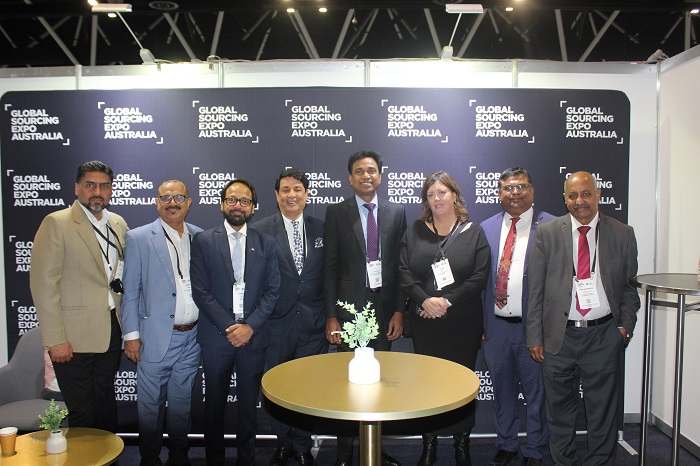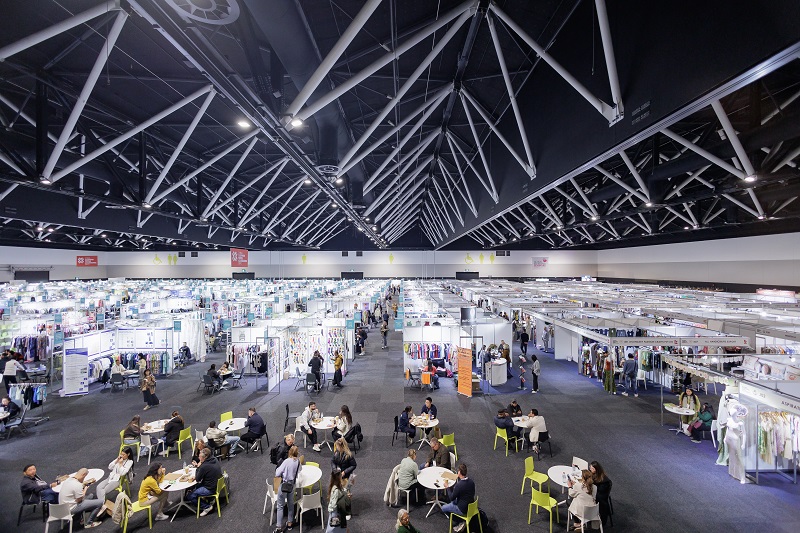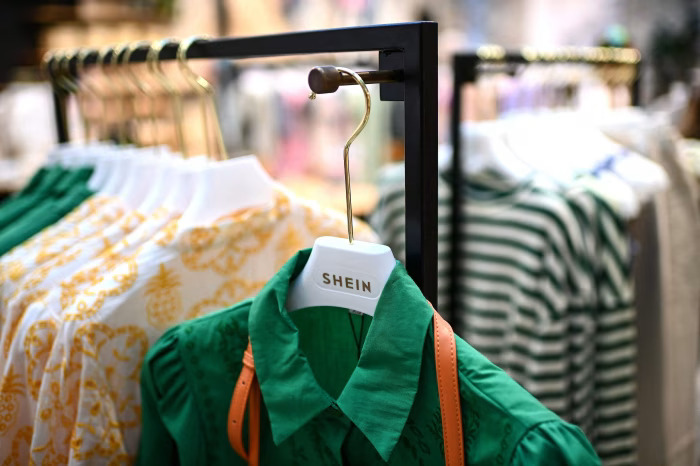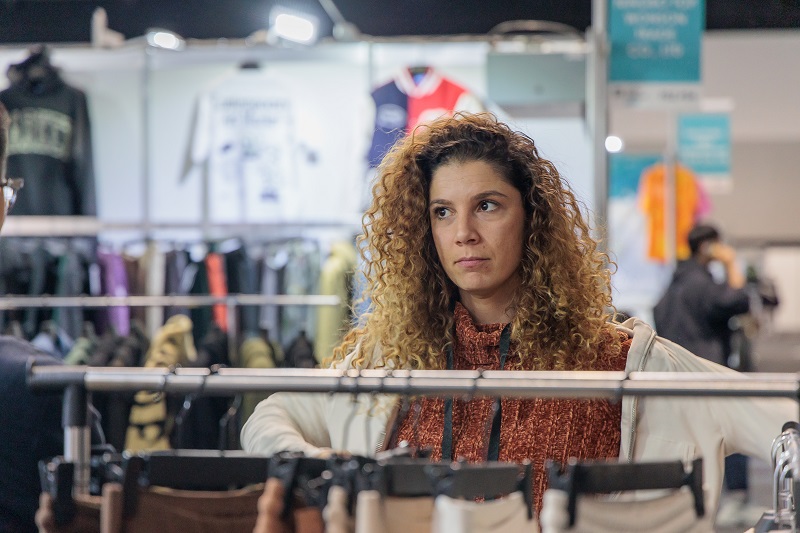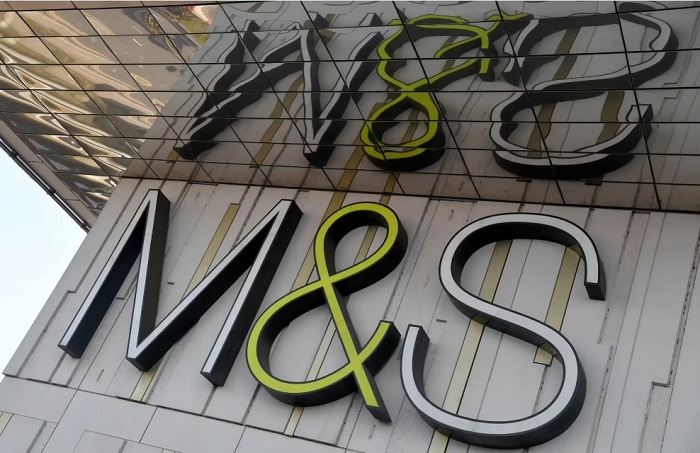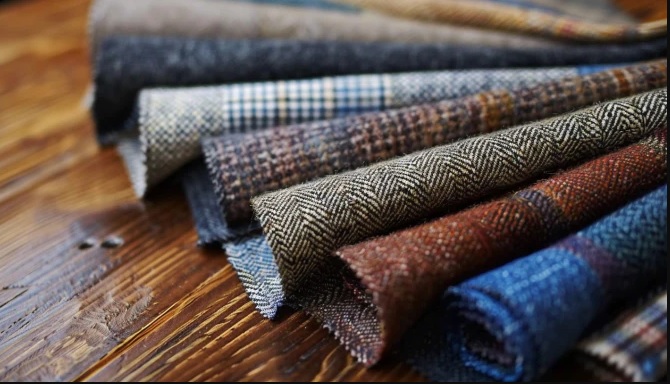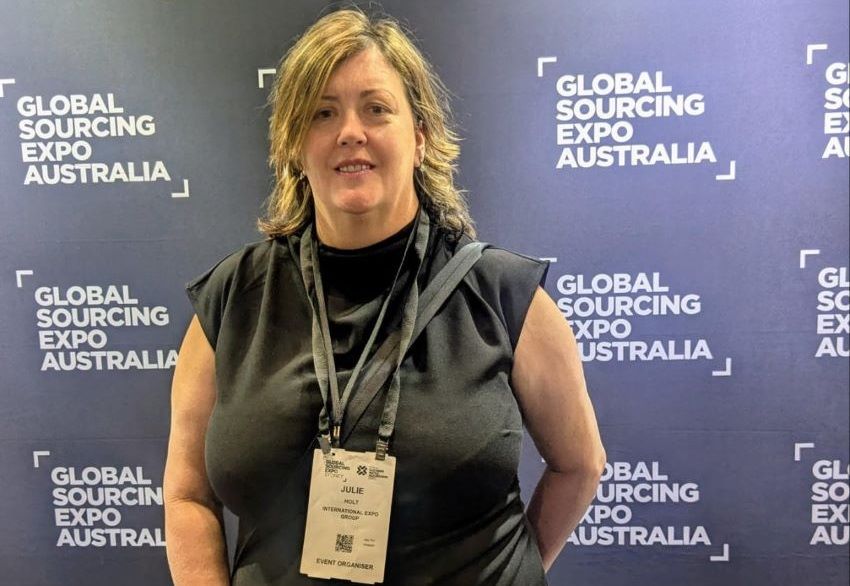FW
German chemical suppliers and the sporting goods industry are working together on finding marketing opportunities for safe chemicals. Named Reach, the regulation increases transparency, cuts out not-so good competitors through restrictions and authorisations. Both chemical producers that supply to the textile sector and sporting goods trade associations are involved in the project.
The project aims to discover how to create a system that brings demand pull right up to the chemical suppliers in order to promote less toxic chemicals. The two most important factors are traceability of chemicals in the supply chain and knowledge about substances and processes. These two would enable brands and retailers to know what is happening in their supply chains.
The results will now feed into the Ask Reach IT tool for suppliers, which will help manufacturers supply information for the consumer app. Front-runner companies involved in the project will be able to test IT tools for traceability, to see whether they are appropriate for their needs and can be integrated into contracts.
However, the whole system works only when it has been fed from the very beginning. Chemical suppliers need to be transparent about the ingredients of their formulations. Companies can also use the research to inform their own internal policies.
Pakistan has imposed antidumping duties ranging from 3.25 per cent to 11.35 per cent on imports of polyester filament yarn from China and 6.35 per cent on imports from Malaysia. This has not gone down well with the user industry, which says it has to pay antidumping duties of upto 75 per cent of its requirement of polyester filament yarn, which is a burden. They feel they are being unnecessarily penalized. The antidumping duties would increase cost substantially for the user industry. Besides, fabrics manufactured from polyester filament yarn and garments made of art silk fabric are also exported and imposition of antidumping duties would hurt exports worth millions of dollars, besides creating unemployment for thousands of skilled workers.
The total requirements of the art silk fabric manufacturing industry, which mainly consists of small and medium-sized units, are more than 2,20,000 metric tons per annum. However, four local producers of polyester filament yarn have the capacity to produce only around 8,500 metric tons of fully drawn textured polyester filament yarn, which is only four per cent of the total requirement of the downstream weaving industry, and producing around 53,000 metric tons of drawn textured polyester yarn, which is only 25 per cent of the total requirements of the downstream weaving industry, while the remaining 75 per cent requirement is met through imported yarn.
The global textile industry is one biggest polluter and needs to focus on recycling and reducing the amount of clothing that finds its way into landfills and oceans, a Zero Waste conference sponsored by Metro Vancouver focused on this. To keep up with the latest fashion trends, today’s consumers buy clothes more often than they used to, and they don’t keep them long enough. The industry also has a large environmental footprint, extending from water use to sourcing materials to production and distribution. Microfibers from clothing are also finding their way into the ocean, posing a threat to marine life. As many as 2,000 fibers from fleece and polyester fabrics are released during a single washing cycle. Almost all of those find their way through municipal sewage systems to the ocean.
Microplastics can be ingested by plankton, invertebrates and other marine life forming the base of the food chain. Ingestion of plastics may also make organisms think they are full, causing them to starve. There are on an average more than 3,000 particles of plastic in one cubic meter of sea water in the Strait of Georgia.
The textile industry needs a major rethink on design, some entrepreneurial innovators who are going to look at how clothes are made, how they can be more efficient to create clothes that are more durable and don’t just end up in the landfill, and can have secondary and tertiary uses. The mixing of natural materials (such as cotton) with synthetics (such as polyester) creates added problems.
Surat’s textile markets bear a deserted look. Power looms shut for Diwali have yet to open. First it was demonetization and no its GST. Power loom production has dropped by half as 90,000 looms have shut and 50,000 labourers have lost their jobs. Traders say filing returns has become next to impossible.
Traders in Surat are demanding an uniform GST structure in the entire textile value chain. Traders would have to pay five per cent GST but won’t be able to use the input tax credit. On the other hand, the cloth manufactured by the composite units will be much cheaper. This, they say, will dent the margins of traders and weavers and lead to job loss in the sector.
They fear after GST implementation, the textile trade will be on the verge of closure. Traders, weavers and even synthetic yarn manufacturers fear they won’t be able to survive in the GST regime. Surat is the country’s largest manmade fiber wholesale market. Small traders having a turnover below Rs 70 lakhs per year are experiencing difficulty in sending their goods to other states.
Implementation of GST has led to many problems for traders. Grey fabric manufacturers are not giving goods on credit and want cash payment. This has created a lot of problems for small traders who can't arrange for hard cash.
The 2018 World Directory of Manufactured Fiber Producers has been released. This is the only desk reference tool providing global coverage of the manufactured fiber industry. The new edition includes an update of the introduction section, which provides a graphic summary of long term trends in production, by fiber type and region, and a worldwide distribution table of manufactured fiber plants by fiber type.
The directory’s digital download includes popular Fiber Cross Index, which offers an easy way to cross-reference fiber types by country and manufacturer. It features an Excel spreadsheet option that offers customers a simple way to personalize marketing campaigns with the ability to generate a mail merge or e-mail broadcast.
The 2018 digital edition provides quick and personal direct access to industry contacts worldwide. It lists almost 1,400 company names in 64 countries with contact details, including 1,100 e-mail addresses and website addresses with hotlinks to provide instant access to company product line information and communication channels. Each World Directory company listing includes products, plant locations, trademarks, contact details and more.
Of importance in the 2018 directory is the only available up-to-date list of over 700 fiber trademarks to facilitate compliance with the US Federal Trade Commission labeling Rule 303.17 – extremely useful to those exporting textile consumer products to the US. Trademarks are cross-referenced by fiber type.
Bangladesh Denim Expo will be held from November 8 to 9, 2017. The aim is to showcase the capability of Bangladesh in innovative design of denim wear.This event showcases products like laundry and washing equipments, auxiliaries, dyes, specialty chemicals, denim fabrics and garments.
This season’s expo will deliver a dynamic environment to welcome all denim lovers offering the perfect platform to develop new business relationships. A large number of visitors is expected. Nearly 63 exhibitors from 12 countries are participating in the denim expo. More than 12,000 visitors from across the world have registered. Pacific Jeans, the largest manufacturer of premium denim in Bangladesh, which is organising the event, will present Denim Innovation Night during the expo.
Denim Innovation Night will help explore all new and upcoming sustainable denim trends, demonstrating the vision for a Bangladesh as an ethical production country. The latest state-of-the-art in denim finishes and production innovations will be on display during Denim Innovation Night.
Bangladesh is well-known for denim and jeans production, for both the niche and mass markets. The show has the spirit of a collective, with like-minded denim players from around the world bringing to life a new vision. It is a comprehensive showcase of the entire denim value chain: fabric, finishes, washes, accessories.
Crystal is going in for an IPO. The company founded in 1970, is a Hong Kong-based garment manufacturer which supplies to customers including Fast Retailing, the owner of fashion chain Uniqlo, Gap, H&M, and L Brands, which operates the brand Victoria's Secret.
The company plans to use 45 per cent of its net proceeds to expand its manufacturing capacity in Vietnam, where it is already larger than in China, and Bangladesh over the next three years. The company also plans to expand into fabric production and repay loans. Crystal will invest over $400 million in capital expenditure from 2017 to 2019, which will improve its production capacity by more than 50 per cent.
Fast Retailing has agreed to subscribe shares worth the equivalent of $20 million, while L (Overseas) Holdings, a subsidiary of L Brands, will subscribe $10 million worth of shares. Crystal's net profit rose 31 per cent in the first half of this year.
Most of the firm’s revenue comes from a handful of big customers, with sales to its five largest customers accounting for almost 70 per cent of revenues last year. It now has 20 manufacturing facilities in China, Vietnam, Cambodia, Bangladesh, and Sri Lanka, producing six categories of product: lifestyle wear, denim, intimate, jumpers, sportswear, and outdoor apparel.
US-based Ascend Performance Materials will increase production capacity across its intermediate chemicals and polymers portfolio by 10 per cent to 15 per cent. Ascend, is the world’s largest fully integrated producer of nylon 6,6 resin. Global demand for nylon 6,6 and its intermediate chemicals continues to grow at three per cent to four per cent per year in a range of diverse applications. Ascend has cost effective expansion opportunities that allow it to bring additional capacity online as the market needs it.
Ascend will increase capacity of adiponitrile, hexamethylene diamine, adipic acid and polymers through 2018. Ascend’s unique production process allows for quick capacity additions with high capital efficiency and without disruption to operations.
The group has consistently added capacity through its entire nylon 6,6 value chain since 2015. Unlike many other nylon 6,6 producers, Ascend sells polymers and intermediates into nearly every end use market and geography. It has a 60-year history of serving a wide variety of markets and that has given it an unparalleled understanding of the entire nylon 6,6 value chain.
Earlier this year, the company consolidated nylon fiber production and added compounding capacity to better align its business with the market. The unique qualities of nylon 6,6 have made it the material of choice in numerous innovative applications.
The International Apparel and Textile Fair is being held in Dubai, November 1 to 3, 2017.
The Indian pavilion comprises 51 leading manufacturers and exporters from the textile and apparel industry who are into various product categories like men’s wear, kids’ wear, high fashion women’s wear, technical textiles etc. and represent the best of what India is offering to the world in the textile industry.

India’s exports to the UAE during the year 2015-16 represented 22.7 per cent of India’s garment exports to the world. Indian companies and businesses have benefited from leveraging Dubai’s position as a supply market to the Gulf and other regions.
India is the UAE’s largest trading partner and its exports to the UAE during the year 2016 touched 32 billion dollars.
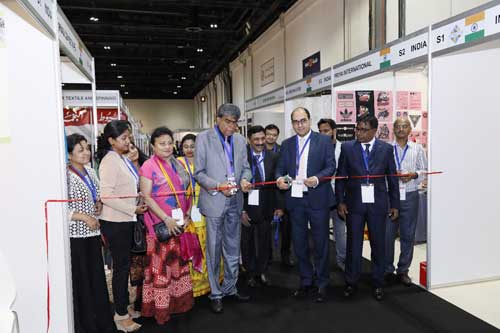
The products offered in the exhibition will provide a supply base for UAE garment manufacturers. The unique proposition for both India and the UAE is that both have a well developed textile and clothing industry which can complement each other in faster growth.
India has a huge export potential especially in categories such as women’s wear, kids’ wear, knitwear, home furnishings and technical textiles used in the construction industry, agriculture, medicine etc.
India is in a position to promote Brand India in the UAE and other markets in the region.
CPM Moscow will be held from February 19 to 22, 2018. This is an ordering event that offers a wide selection of top-class brands: a top exhibition that is also an international communication platform in which import export trends and the special conditions of the market all play a key role.
This trade fair fulfils the diversified needs of Russian and other eastern exhibitors and professional visitors: a wide spectrum that not only brings together cultures and international markets but also creates new sales opportunities and therefore serves the ever-growing need to expand existing markets and open up new ones.
All key segments of fashion, Premium, Mode Lingerie and Swim, Accessories and Kids, will be exhibited. Shoes are now also being included in the accessories area. There will be a fur trade show. Germany, Italy, Spain, France and Turkey will have country pavilions. The Russian Fashion Retail Forum will be keeping visitors informed with a large number of lectures, fora and panels. WGSN will support Western European and Far Eastern exhibitors with an overview of the latest trends. There will be inspiring catwalk shows. An app will help visitors navigate their way around the trade show and search for exhibitors.
In 2017, the Russian market for clothing and textiles is expected to grow by five per cent.


